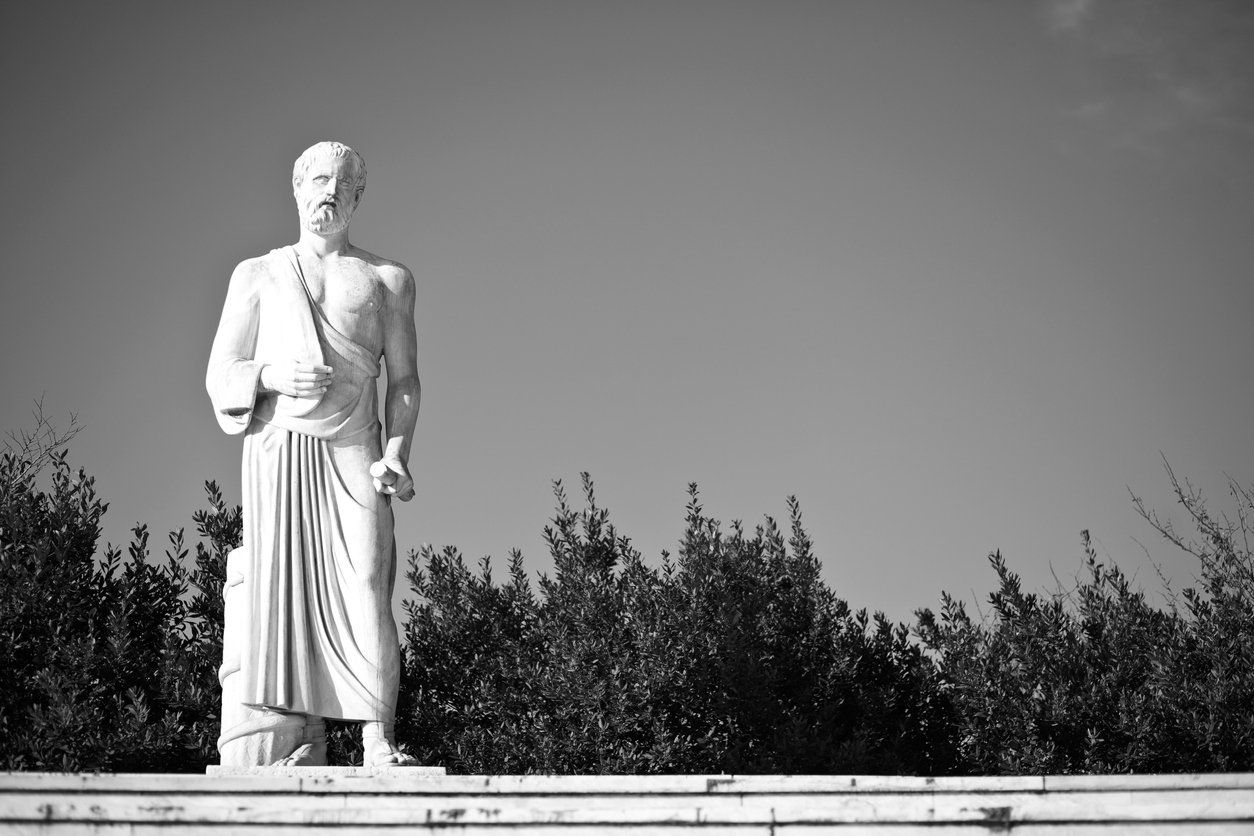From Our Earliest Civilizations to Modern Times: How Dentistry Has Evolved
Oral health and dentistry have developed into the innovative treatments and personalized, preventative care you experience today. While the true connection between your oral health and overall well-being may be a recently discovered fact, humans have been interested in oral care and dentistry for thousands of years. Let's take a look back at the dental world's journey, from its very beginnings to its great advancements in science and technology, to the level of care you see today.

The Early Beginnings of Dentistry
Even our earliest ancestors had to deal with dental care. After all, even the most primitive of humans needed their teeth for chewing and eating. And just like us, our early ancestors experienced tooth pain, decay, loss, and other oral problems. But without the scientific knowledge we have today, they created their own reasons, beliefs, and treatments for oral care.
As early as 5000 BC , people in Ancient Mesopotamia were attempting to find the source of their toothaches and decay. Without knowing any different, these early civilizations believed that these issues were caused by " tooth worms ," which dug holes within the teeth. When they worked to extract a painful tooth, its roots and pulp acted as verification of their "worm" theory.
Around 2600 BC , the world received its " first dentist ." Hesy-Re, an Egyptian, was regarded as a physician who dealt with patients' teeth and is the first and earliest reference made to a dental practitioner. The Egyptians are also responsible for the first texts, references, and knowledge regarding remedies for toothaches and outlines for diseases of the teeth .
The Ancient world would be nothing without the great advancements and knowledge provided by Greek and Roman civilizations, and dentistry is one of many subjects that saw evolution under these societies. Between 500-300 BC , great thinkers like Aristotle and Hippocrates created more involved texts about dentistry, including treatments for tooth decay, eruption patterns, tooth extraction methods , and more. In fact, Hippocrates is often regarded as the " Father of Medicine ." And in 100 BC , Romans began introducing the idea of medicine and prevention to the dental world.
Changes in Dentistry Through the Middle Ages
Advances in science, education, and dentistry continued to evolve throughout civilizations all over the world. The world's first "dentists" weren't quite like the professionals you see today, but were pioneers in the industry and provided the foundation for what we experience today. Around the 1200s , areas of Europe saw their first groups of dental practitioners. In those days, monks were often the most educated in the ways of medicinal healing and treatments, and therefore became responsible for oral treatment and surgery .
Unfortunately for the monks, there came a time when they would be banned by the Church from performing any medical duties. During this time, dental education and procedures became the responsibility of barbers . Thought to be the best equipped for the job because of their prowess with blades and the body, these people became known as " barber-surgeons ."
As more and more barbers became knowledgeable about dentistry, guilds of barber-surgeons began popping up all over Europe. This would be the first professional dentistry group anywhere in the world. Extracting teeth wasn't their only job either, as most also participated in leeching, providing enemas, bleeding, and more. But by the end of the 1400s , most barbers were prohibited from performing medical, surgical, or dental procedures.
In 1530 , the world received its first text /book dedicated solely to the practice of dentistry. Called " Little Medicinal Book for All Kinds of Diseases and Infirmities of the Teeth ," German author Artzney Buchlein was the first to publish works that covered topics like fillings, extractions, and even oral hygiene practices . A few decades later, the world received another text that would help dentistry evolve further. " Complete Works ," by Ambrose Pare, takes dentistry further with practical guides for treatments and procedures .
Advances in Modern Dentistry
When the 1700s rolled around, the world and most civilizations had all gone through tremendous changes. It was during this time that dentistry started making leaps and bounds in regards to science, education, and practices.
Pierre Fauchard was a French surgeon who is now regarded as the " Father of Modern Dentistry ." His publication in 1723 , entitled " The Surgeon Dentist, A Treatise on Teeth ," was truly the first of its kind. It provided comprehensive information that helped launch knowledge surrounding oral health all over the world. Not only did his published work include basic oral care techniques, but also thorough anatomy of the mouth and teeth, techniques for surgery and restorative procedures, and even dental construction .
The 1700s also saw professional dentists like Claude Morton, who made advancements in dental crowns and root canals , and John Baker, the first dentist to practice in the United States of America . Nicolas Dubois de Chemant received the very first patent for porcelain crowns and world-famous Paul Revere could be found posting advertisements for his own dental practice .
Throughout the 1800s , Maryland saw the country's first dental school open and many new, innovative works were published that would become foundations for future dentistry. Greene Vardiman Black, for example, helped set the rules for cavity fillings and even invented the first foot-pedal dental drill. Other new equipment and tools were created during this time that helped dentistrybecome more effective as well, like the first chair designed for a dental patient and the first dental foot engine .
In 1840 , the world's very first national dental organization was formed. Called the American Society of Dental Surgeons , it would set the tone for dental professionalism that you see today. Federal and local laws all over the world began regulating dentistry, creating regulations and requirements for practicing dentistry. And in 1846 , the dental world changed forever with the first successful demonstration of the use of anesthesia for surgery .
Today's Dentistry World

The 1800s saw significant advances in the dentistry world. In fact, by the time the 1900s began, the world regarded dentistry as a true profession, performed by trusted and trained professionals . In order to practice dentistry, you now had to be educated and submit to certain regulations.
With professionals pouring into dental schools all over the world, great scientific advancements truly pushed the industry to the boundaries we see today. In 1905 , German chemist Alfred Einhorn created the local anesthetic we know today as "Novocain." Advancements and inventions helped further dentistry in the areas of precision cast fillings, techniques for fillings, and operative instrumentation.
Dentists soon realized that they would need help in providing patients with oral care. The first official training program for "dental nurses" is established in Ohio in 1910 , where nurses were specially trained to assist with procedures, treatment, and dental care. In 1911 , America created its first armed services dental group , called the U.S. Army Dental Corps.
By 1930 , advances in preventive care and education had grown and the American Board of Orthodontics was founded. Things like toothbrushes made a welcome appearance and practicing good oral hygiene had become the societal norm in most areas of the world. Scientific research of dentistry and oral care bloomed after the founding of the National Institute of Dental Research in 1948 .
Since the 1950s , the dentistry world has grown exponentially to include a variety of treatments, tools, and equipment that work to maintain the best oral care for every patient. Today's dentistfocuses on the health of your entire mouth, as well as your neck, jaw, and even head.
From humble beginnings to extraordinary levels of care, dentistry has grown to benefit the health, function, and appearance of your teeth, mouth, and smile. The staff here at Ronald A. Murphy DMD General & Cosmetic Dentistry are committed to providing our patients with the very best in dental care. Contact our office today to schedule your appointment and find out what our knowledge can do for your oral health!
